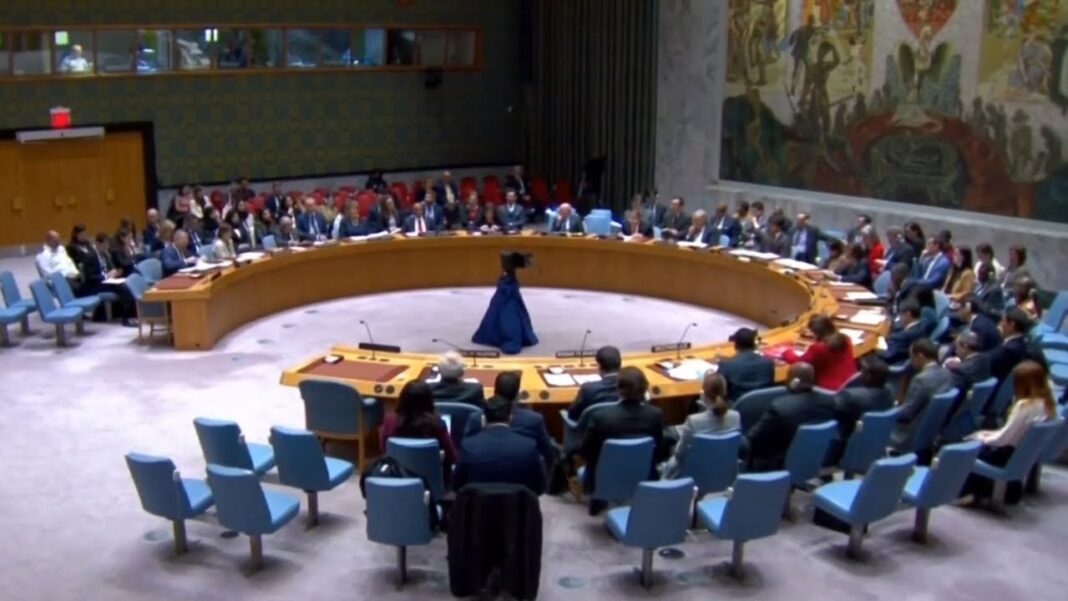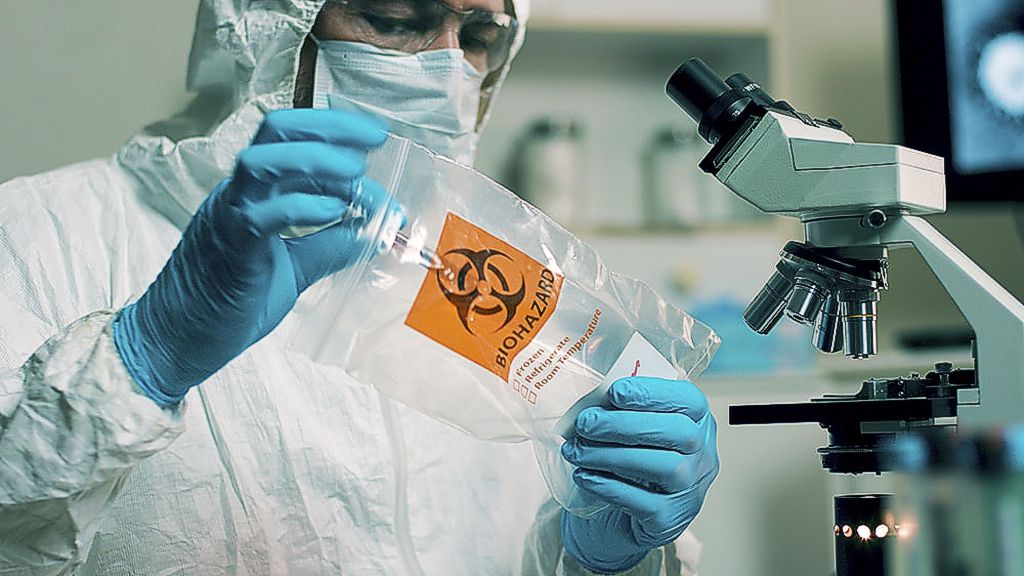The latest iteration of the mRNA vaccine is even more potent than the present version, as it generates more spike proteins in the human body.
Japan has approved the world’s first self-amplifying mRNA (sa-mRNA) COVID-19 vaccine, although the manufacturer has not published safety or efficacy data for the shot.
Tokyo-based Meiji Seika Pharma received approval for manufacturing and marketing its Kostaive sa-mRNA COVID-19 vaccine, the company announced in a Nov. 28 press release. The mRNA in the vaccine is designed to self-amplify when delivered into cells, which generates a “strong immune response and the potential for extended duration of protection.” The vaccine is intended for primary immunization (2 doses) as well as booster immunization in adults. Kostaive is the “world’s first approved product applying self-amplifying mRNA technology,” according to the press release.
Both mRNA and sa-mRNA are RNA vaccines that use a virus’ genetic code against it. When an mRNA vaccine is injected into an individual, the mRNA instructs cells to make a specific protein and thus stimulates immune response. An sa-mRNA vaccine takes this concept further by making multiple mRNA copies, which ends up generating more spike protein.
Toby Young, general secretary of the Free Speech Union, a public interest group, pointed out in a Nov. 30 X post that the sa-mRNA vaccine was approved in Japan “despite only testing it on 800 people, no control group and only checking antibody levels not infection rates. Medicine regulation died with Covid.”
A phase 3 study compared the Kostaive ARCT-154 vaccine to Pfizer’s Comirnaty mRNA COVID-19 vaccine. The pre-print study, which has not been peer-reviewed, was posted in July at MedRxiv.
The study, funded by the Japanese Ministry of Health, Labour and Welfare, followed a primary phase study that analyzed the safety and efficacy of the Kostaive vaccine. The results of that study have not been published; the manuscript is “in preparation,” according to the phase 3 study report.
The trial was conducted among 828 people between December 2022 and February 2023. This is a far lower number of participants than Pfizer’s phase 3 study, which involved over 40,000 individuals. The small scale of Kostaive trial has raised questions about its validity.








